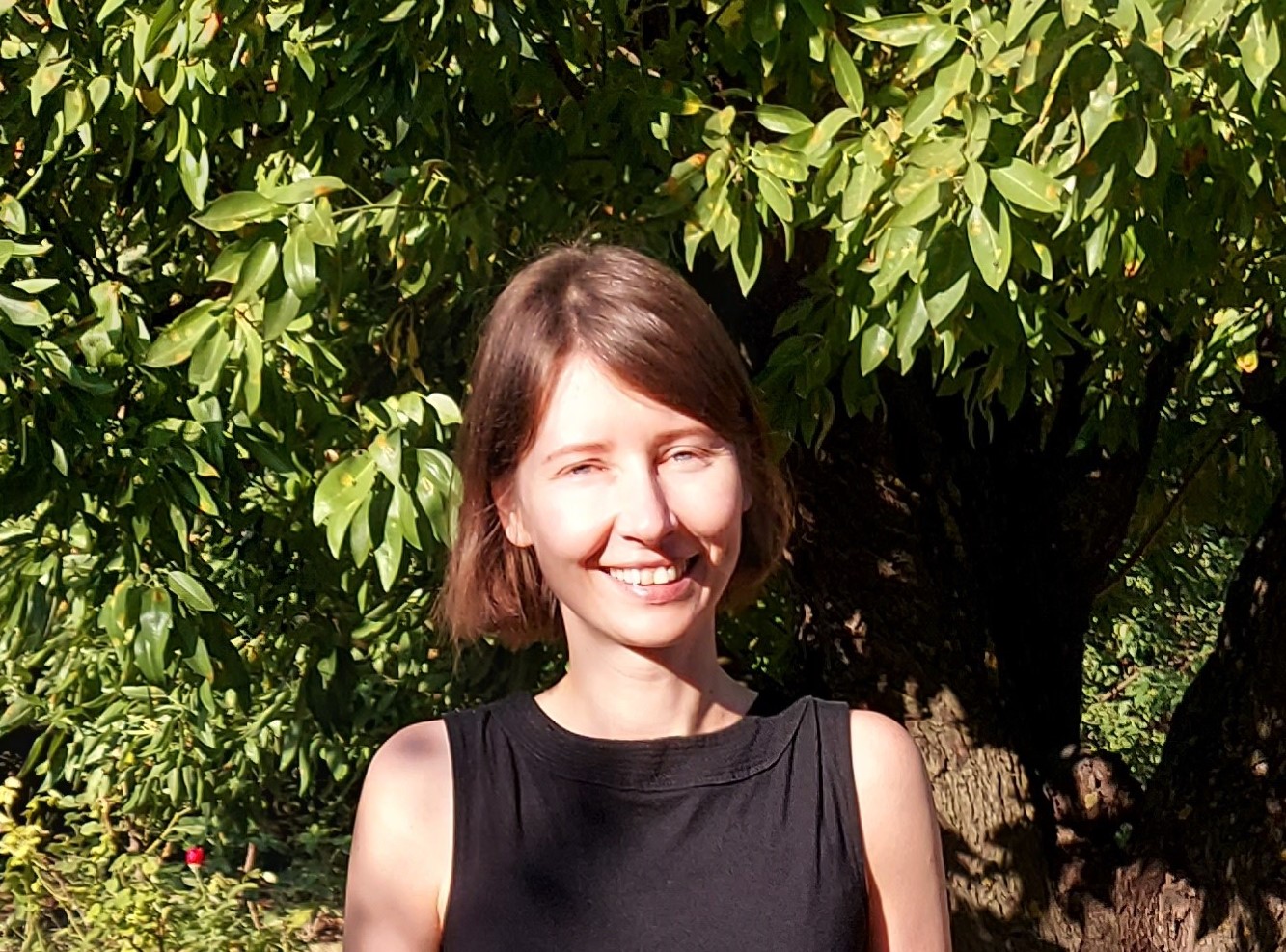Profile
Research interests: digital identity, anthropology of autism and autistic sociality, linguistic ethnography, illness narratives, media representations of science and medicine
The program of research I have developed draws on sociocultural linguistics and media studies to examine and theorise the relationship between media discourse and social identities. This includes a focus on the linguistic mechanisms underlying the media and policy framing of issues of public concern in terms of health risks, stigma, and trustworthiness.
I am also interested in developing methodologies that take into account an interactional construction of digital identities. This research lies at the intersection of several disciplines such as applied linguistics, visual studies, human computer interaction design, and social psychology. Understanding the interplay between creative, user-led actions, social norms, and technological affordances is important for informing the strategies to foster inclusive digital environments and my two recent projects have focused on autism and social media.
The ESRC-funded project Autistic Adults Online was a collaboration between linguists, human computer interaction designers, and autistic community aimed at improving autistic experiences of social media interactions. The ongoing Autism in Affinity Spaces project funded by the Wellcome Trust Discovery Award is another example of participatory research with autistic users of social media. It examines how autistic young people use language and other semiotic resources in social media groups related to their focused interests (e.g. art, comics, cosplay) and will develop creative methods to explore how they experience such interactions.
Teaching
I have convened the following modules at QM:
- Language and Health Communication
- Research Methods in Language Teaching
- Methods of Text and Corpus Analysis
- Research Methods in Applied Linguistics
I am a Senior Fellow of the Higher Education Academy (HEA).
Research
Examples of research funding:
2023 – 2029: PI Wellcome Trust Discovery Award “Autism in affinity spaces: Interest-driven social media practices during the transition to adulthood’
2020-2023: Principal Investigator- ESRC standard grant 'Autistic adults online: enabling autistic sociality in digital networked environments'. Co-I Prof J Vines. Website: https://autisticadultsonline.com/
2013 –2018: Work Package Leader - AHRC funded program ‘Creative Practice as Mutual Recovery: Connecting Communities for Mental Health and Wellbeing’. PI: Prof. P Crawford.
2013-2015: Principal Investigator – ESRC standard grant ‘Chronic illness and online networking: expectations, assumptions, and everyday realities’. Co-I: Prof B Gunter.
2013-2015: Visiting Researcher/collaborator on LINGCLIM Project. ‘Linguistic representations of climate change discourse and their individual and collective interpretations’ funded by SAMKUL-programme, Research Council of Norway. PI: Prof K. Flottum.
2011-14: Co-Investigator on the research project 'From Greenhouse Effect to Climategate: A systematic study of climate change as a complex social issue' funded by the ESRC and NWO ORA fund.
2008-2010: Co-Investigator on the ESRC-funded project "Carbon compounds': Lexical creativity and discourse formations in the context of climate change'. PI: Prof B Nerlich.
Supervision
Current PhD Students
2022 Angeliki Lampropoulou (QM HSS scholarship) ‘Framing diabetes management and prevention in public discourse: A critical metaphor analysis’
2022 Yahui Wang (self funded, primary supervisor) ‘Covid-19 mitigation in British national newspapers: a corpus-assisted approach’
2021 Xuechun Xiang (China scholarship, secondary supervisor) ‘Loneliness in Life Stories of Older Migrants in the UK: A Linguistic Ethnography’
Completed projects:
2018-2023 Antoaneta Dimova (QM Life Sciences Institute Scholarship, primary supervisor) ‘Mental health advocacy on social media: A Multimodal Discourse Analysis’
2018-2023 Reem Alhendi (Saudi Arabia scholarship, primary supervisor) –‘Saudi female bilingual EFL teachers’ code-switching: from beliefs to community of practice’
2016-2020 Tom Rausch (QM Principal Scholarship, primary supervisor)- ‘The Discursive Construction of Risk in a Pan-African Health Consortium: A Linguistic Ethnographic Study’
2010 – 2014 Dimitrinka Atanasova (University of Leicester Scholarship, joint supervision)- ‘Media representations of obesity in UK and German newspapers’
